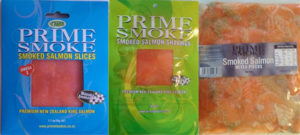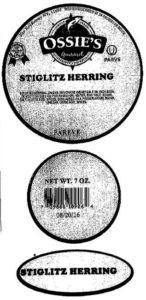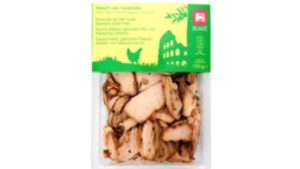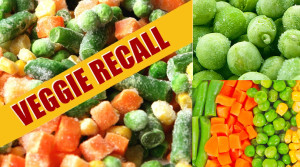Karen Robinson-Jacobs of Dallas News reports Blue Bell Creameries has been fined $850,000 by Texas health officials as a penalty for a Listeria outbreak, announced last year, that sickened 10 people and lead to a total shut down of company operations.
 Three people died, but the company may only end up paying a fraction of that amount.
Three people died, but the company may only end up paying a fraction of that amount.
Under an enforcement agreement announced Friday between Brenham-based Blue Bell and the Texas Department of State Health Services, $175,000 must be paid within 30 days. The remaining $675,000 will be paid only if the company violates the terms of the agreement in an 18-month period, according to the state agreement.
Assuming all goes well with monitoring and testing, “upon successful completion of the eighteen-month term, the remaining balance of funds held in abeyance will be forgiven by” the state, the agreement said.
Officials with Blue Bell could not be reached for comment.
Attorney Bill Marler, who specializes in representing victims of food-borne illness, said he thinks the fact that Blue Bell was hit with a fine is noteworthy.
“If it is $1 or $1 million, I think any fine for producing bad food sends a powerful message,” said Marler. “Any fine is very unusual. That is why any amount is significant. “
He said he has not heard whether any fines were levied by Oklahoma or Alabama, home to additional Blue Bell plants, but added “I would imagine they will.”
Under the agreement, makers of the iconic Texas brand will continue to test and monitor the ice cream following last year’s outbreak of Listeria monocytogenes linked to Blue Bell products made in Brenham.
Research firm PrivCo estimated that, due to the recall, Blue Bell’s 2015 sales plummeted by nearly 60 percent to $288 million.









